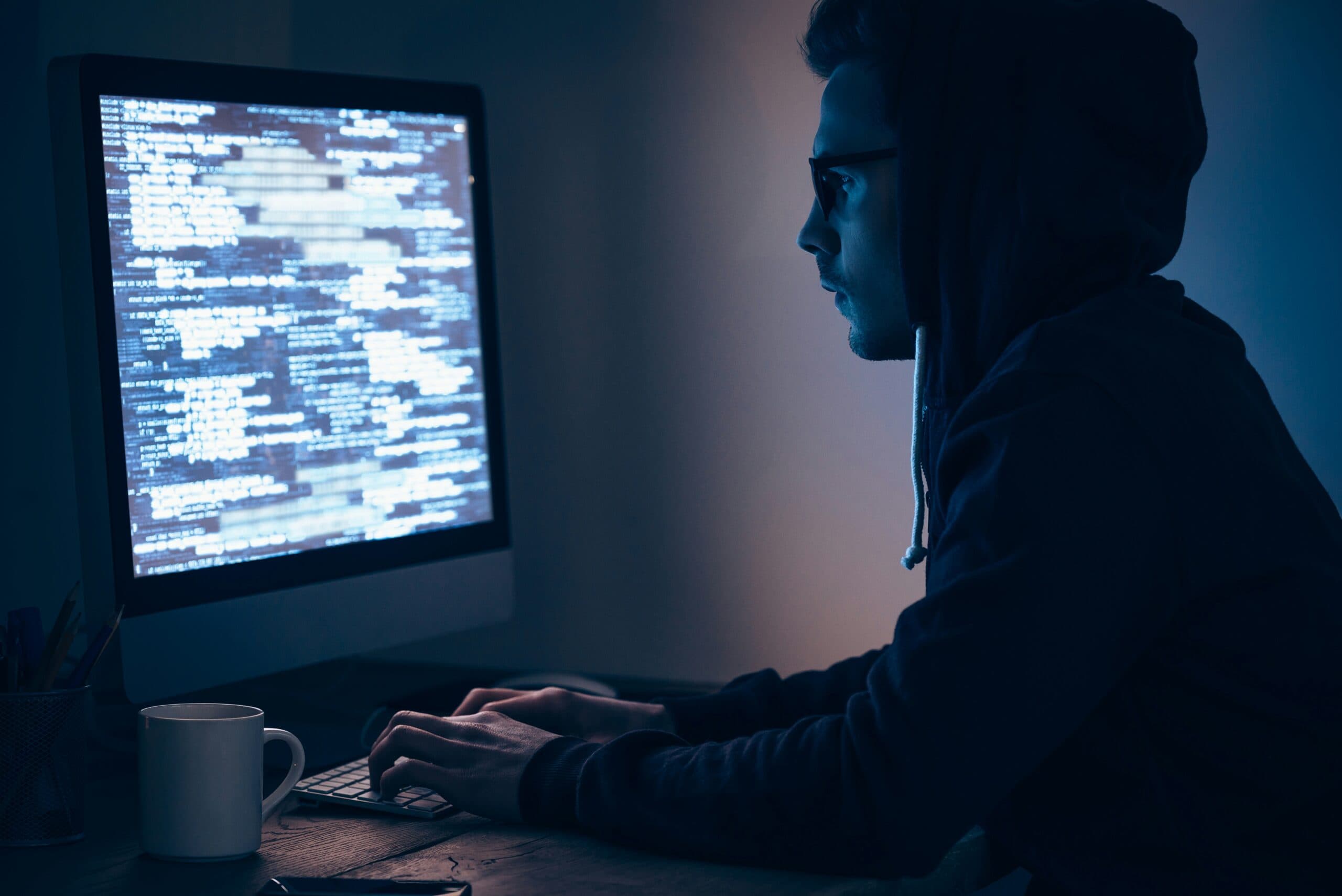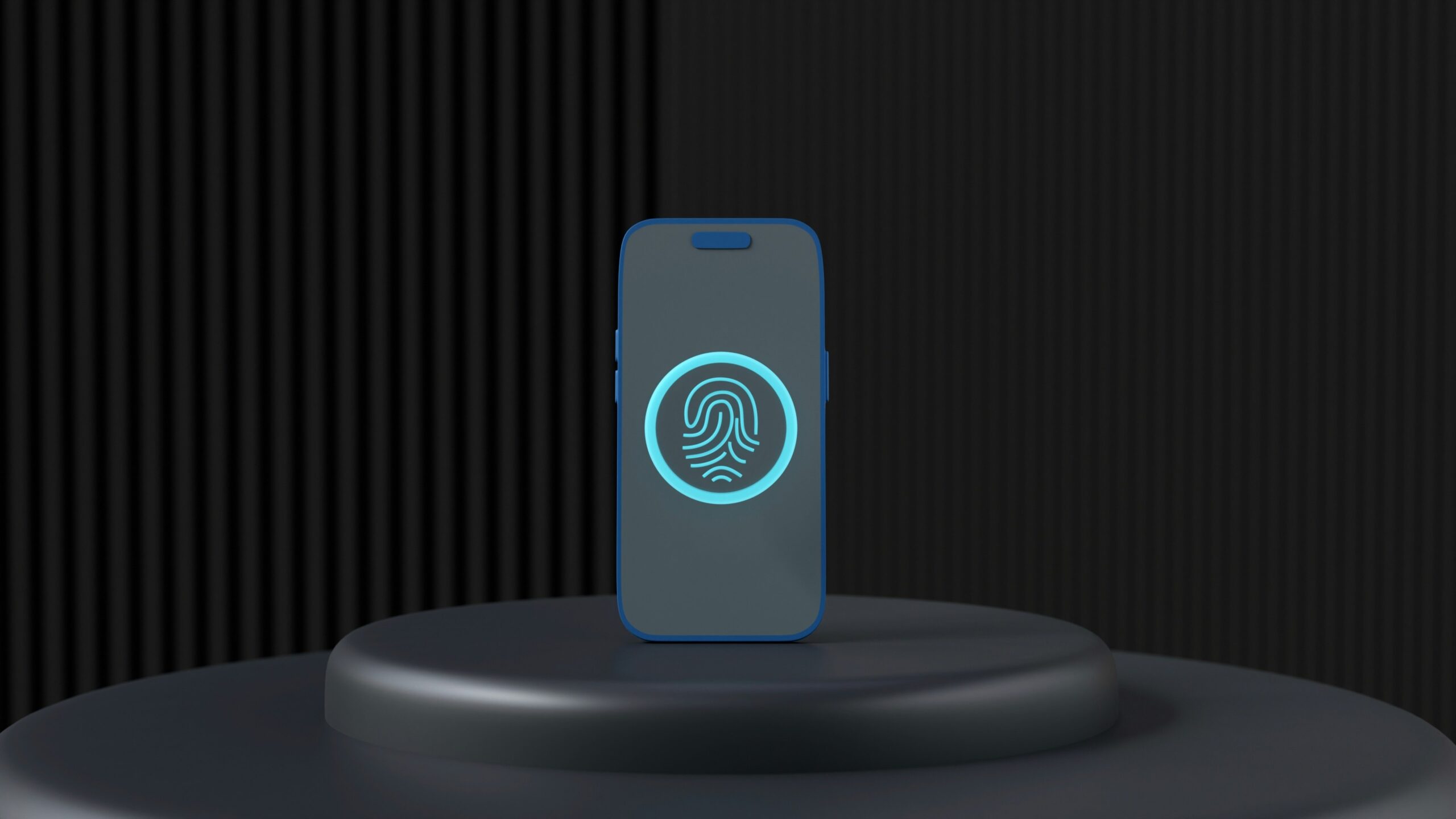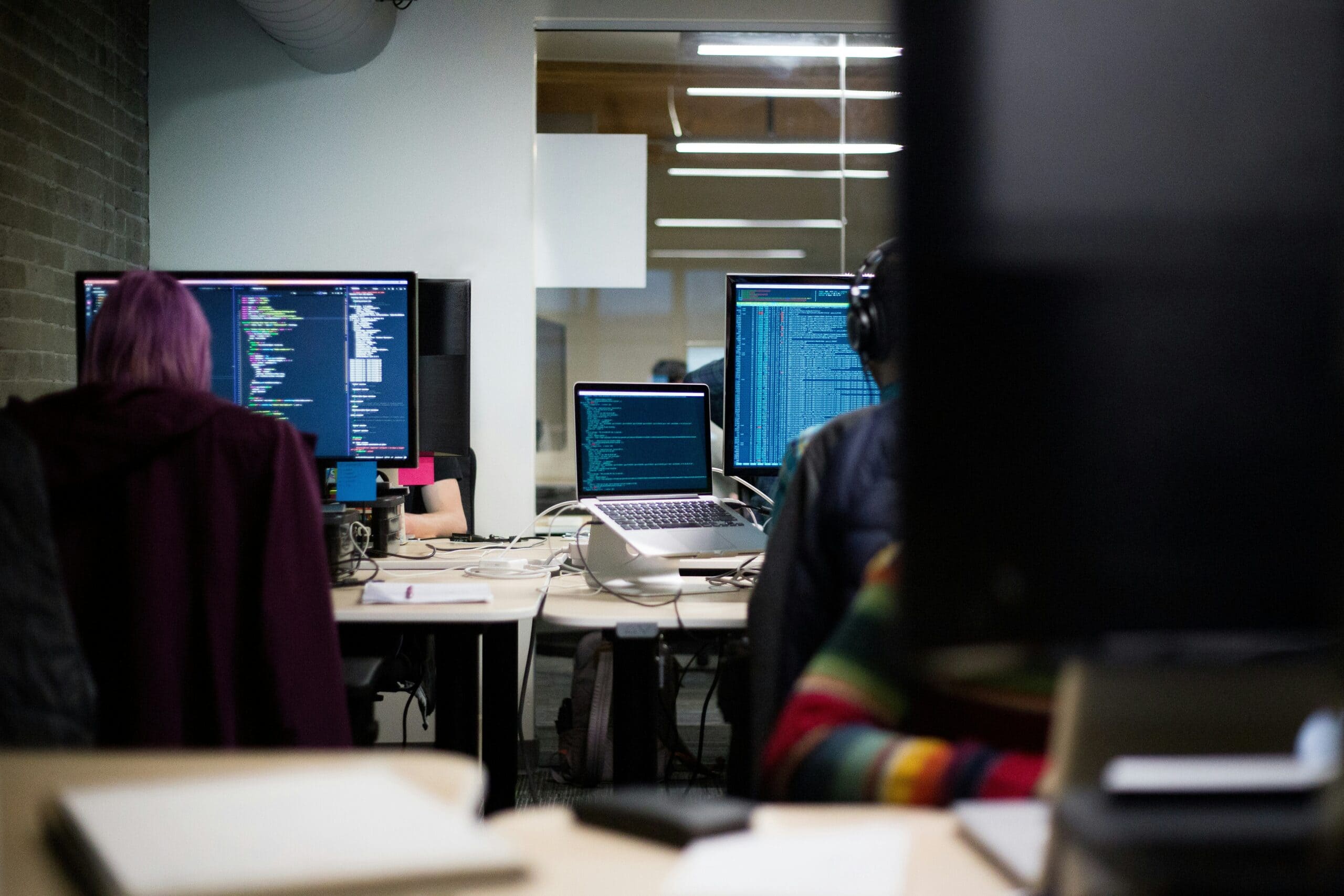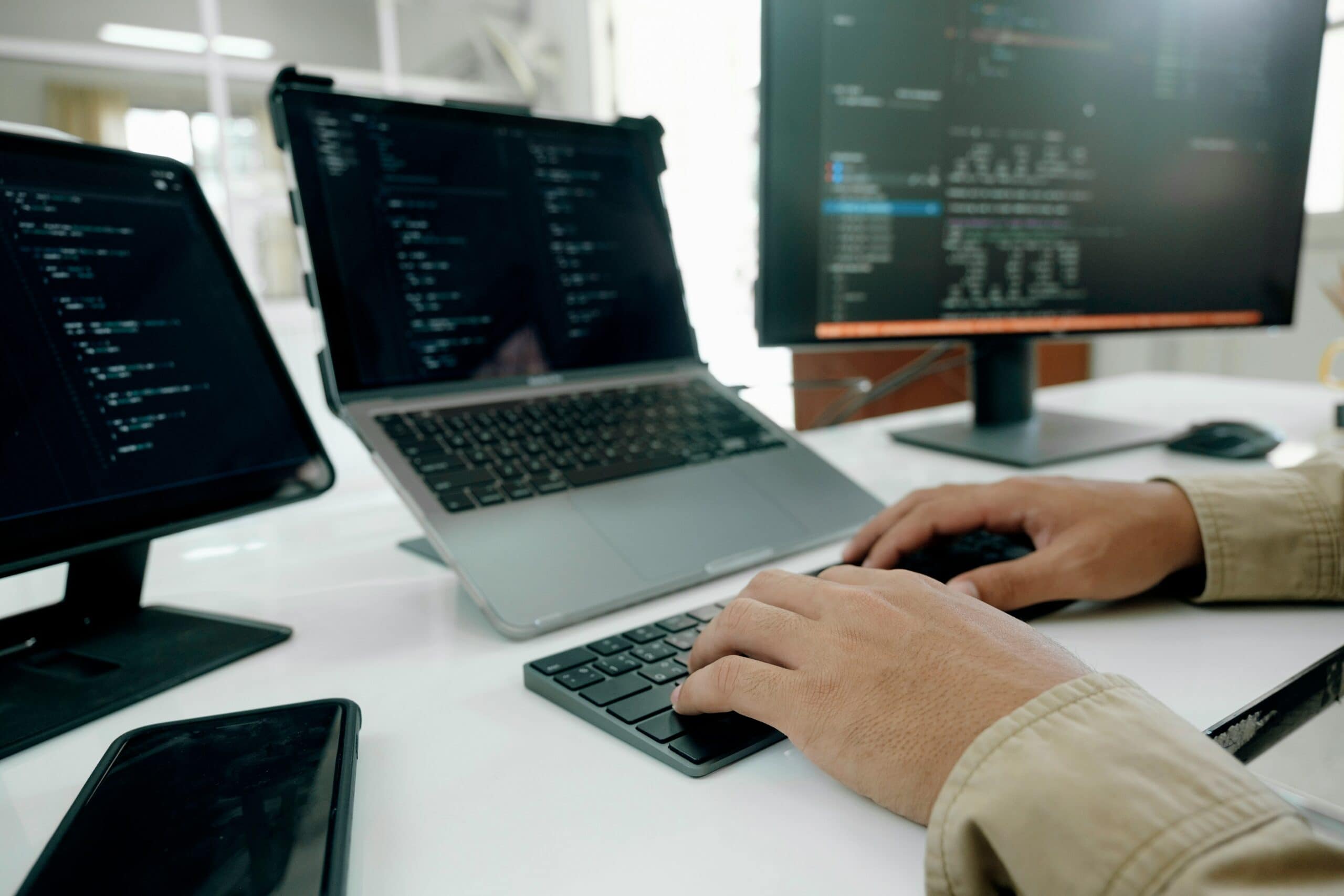From the Experts: 10 Proven Ways to Protect Your Computer from Hackers
With today’s steady rise in cyber crime, protecting your computer from hackers is crucial. Hacking refers to unauthorized access to computer systems or networks with the intent to steal, alter, or destroy data. Typically, hackers exploit existing vulnerabilities to gain access to sensitive information. Thus, it is crucial to safeguard your devices. That’s why we’re sharing 10 ways to protect your computer safe from hackers.
By implementing these 10 strategies, you can minimize the risk of unauthorized access to your sensitive information. Learn how to defend your computer against hackers effectively.

Tip 1: Keep Software Updated
To shield your computer from hackers, the first step is to keep your software updated. Software updates contain patches that fix vulnerabilities that hackers could exploit to gain unauthorized access to your system. When you neglect updates, you leave your computer exposed to potential security breaches.
By regularly installing updates, you ensure that your software has the latest security features, making it harder for hackers to infiltrate your system. K3 Technology recommends enabling automatic updates whenever possible to streamline this process and minimize the risk of overlooking critical updates. Additionally, staying vigilant for notifications about available updates and promptly installing them can significantly enhance your computer’s security posture.
Proactive maintenance through software updates is a fundamental aspect of protecting your computer from hackers.

Tip 2: Strong Passwords
To fortify your computer against hackers, it’s crucial to use strong passwords. Ensure your passwords are at least eight characters long and include a mix of uppercase and lowercase letters, numbers, and special characters. Avoid using easily guessable information like birthdays or pet names. Instead, opt for a passphrase that combines unrelated words for added complexity.
Additionally, refrain from reusing passwords across multiple accounts to prevent a domino effect if one account is compromised. Consider utilizing a reputable password manager to securely store and generate complex passwords for each of your accounts. Strong passwords serve as the first line of defense in protecting your computer from hackers.

Tip 3: Multi-Factor Authentication
To bolster your computer’s defenses against hackers, consider implementing two-factor authentication (2FA). 2FA adds an extra layer of security beyond just a password by requiring users to provide a second form of verification, such as a code sent to their mobile device or generated by an authentication app. This means even if a hacker manages to obtain your password, they still can’t access your account without the additional verification method.
K3 Technology highly recommends enabling 2FA wherever it’s available, especially for sensitive accounts like email, online banking, and social media. It significantly reduces the likelihood of unauthorized access and enhances overall security.
Embracing 2FA is a simple yet effective way to safeguard your computer and personal information from cyber threats.

Tip 4: Antivirus Software
To shield your computer from hackers and other cyber threats, investing in reputable antivirus software is paramount. Antivirus software serves as a proactive defense mechanism, constantly scanning your system for malicious software and potential security vulnerabilities.
K3 Technology advocates for installing antivirus software from trusted vendors and keeping it regularly updated to ensure optimal protection. These programs employ sophisticated algorithms to detect and neutralize various types of malware, including viruses, spyware, and ransomware, before they can wreak havoc on your system. Furthermore, many antivirus solutions offer additional features such as real-time scanning, email protection, and web browsing security to fortify your digital defenses comprehensively.
By equipping your computer with robust antivirus software, you fortify its defenses against hackers and protect your sensitive information from potential breaches.

Tip 5: Encryption
Implementing encryption is crucial in protecting your computer from hackers. Encryption works by converting data into a scrambled format that can only be accessed or deciphered with the correct decryption key. This means that even if hackers manage to intercept your data, it will appear as gibberish without the encryption key.
K3 Technology recommends using encryption to protect sensitive information such as passwords, financial data, and personal documents stored on your computer or transmitted over the internet. Many operating systems and software applications offer built-in encryption features, making it easy to secure your data effectively.
By encrypting your data, you can ensure that it remains safe from unauthorized access and maintain the confidentiality of your information.

Tip 6: Avoid Phishing
Phishing is a deceptive tactic used by hackers to trick individuals into divulging sensitive information, such as passwords, credit card numbers, or personal data. To shield your computer from phishing attempts, K3 Technology advocates for implementing the SLAM method: scrutinize sender, links, attachments, and message.
First, carefully examine the sender’s email address and verify its legitimacy before interacting with any content. Second, hover over links within emails to inspect their destination URLs for any signs of deception or redirection to malicious websites. Do NOT click these links. Third, exercise caution when opening email attachments, especially from unfamiliar or unexpected sources, as they may contain malware or ransomware. Lastly, analyze the message itself for any red flags, such as urgent requests for personal information or grammatical errors indicative of a phishing attempt.
By adhering to the SLAM method, you fortify your defenses against phishing attacks and mitigate the risk of falling victim to cybercriminals.

Tip 7: Secure Your Network

Tip 8: Data Back-Ups
Regularly backing up your data is crucial in protecting your computer from hackers. K3 Technology advises establishing a routine schedule for data backups to ensure that your important files are safe and secure. By creating backups of your data, you can minimize the impact of potential cyber attacks, such as ransomware, which may encrypt or delete your files.
It’s recommended to store your backups in multiple locations, including external hard drives, cloud storage services, or network-attached storage (NAS) devices, to mitigate the risk of data loss due to hardware failures or disasters. Additionally, automate the backup process whenever possible to ensure consistency and reliability.
Proactive data backups are your best defense against data loss caused by hackers or unforeseen circumstances.

Tip 9: Firewalls
Implementing a firewall is essential in protecting your computer from hackers. A firewall acts as a barrier between your computer and the internet, monitoring incoming and outgoing network traffic and blocking unauthorized access attempts.
K3 Technology recommends using both hardware and software firewalls for comprehensive protection. Hardware firewalls are typically built into routers and provide a first line of defense by filtering incoming traffic before it reaches your computer. Software firewalls, on the other hand, run directly on your computer and can monitor both incoming and outgoing traffic, offering an additional layer of security.
It’s important to configure your firewall settings properly to ensure optimal protection without disrupting legitimate network traffic. By deploying firewalls effectively, you can significantly reduce the risk of cyber attacks.

Tip 10: Cybersecurity Awareness
Developing cybersecurity awareness is paramount in protecting your computer from hackers. K3 Technology emphasizes the importance of educating yourself and your team about common cyber threats and best practices for staying safe online. This includes recognizing phishing attempts, avoiding suspicious links and attachments, and practicing good password hygiene.
Regular cybersecurity training sessions can help reinforce these principles and empower individuals to identify and respond to potential security risks proactively. Additionally, staying informed about the latest cybersecurity trends and updates ensures that you’re equipped with the knowledge needed to adapt to evolving threats effectively.
Frequently Asked Questions
RELATED TO: “10 Ways to Protect Your Computer From Hackers”
How often should I update my passwords to ensure security?
It’s advisable to update your passwords regularly, ideally every three to six months, to minimize the risk of unauthorized access. Additionally, change your passwords immediately if you suspect they may have been compromised or if you receive a security breach notification from a service provider.
What should I do if I suspect my computer has been hacked?
If you suspect your computer has been hacked, disconnect it from the internet immediately to prevent further damage or data loss. Then, run a thorough antivirus scan to detect and remove any malware. Change your passwords for all accounts, and consider reaching out to a cybersecurity professional for assistance in restoring your computer’s security.
How can I tell if my computer has been infected with malware?
Signs of malware infection include slow performance, frequent crashes, unexpected pop-up windows, and unusual activity such as files disappearing or appearing out of nowhere. If you suspect malware, run a thorough antivirus scan immediately.
What should I do if my computer is infected with ransomware?
If your computer is infected with ransomware, disconnect it from the internet to prevent further encryption of your files. Do not pay the ransom as there is no guarantee that you will regain access to your data. Instead, seek assistance from cybersecurity professionals who may be able to help recover your files or mitigate the damage.
How can I protect my computer from being hacked while browsing the internet?
To protect your computer while browsing the internet, ensure your web browser is up to date with the latest security patches. Install browser extensions such as ad blockers and script blockers to prevent malicious ads and scripts from executing. Be cautious when clicking on links and only visit reputable websites. Additionally, consider using browser security features such as sandboxing to isolate potentially harmful content.
Conclusion: 10 Ways to Protect Your Computer from Hackers
In summary, this blog covered 10 ways to protect your computer from hackers. By implementing the 10 strategies, you can significantly enhance your computer’s security and safeguard your valuable data from cyber threats. These proactive measures, combined with a proactive mindset and regular maintenance, will fortify your computer’s defenses. At K3 Technology, we are committed to helping you protect your digital assets and stay one step ahead of cyber threats.






